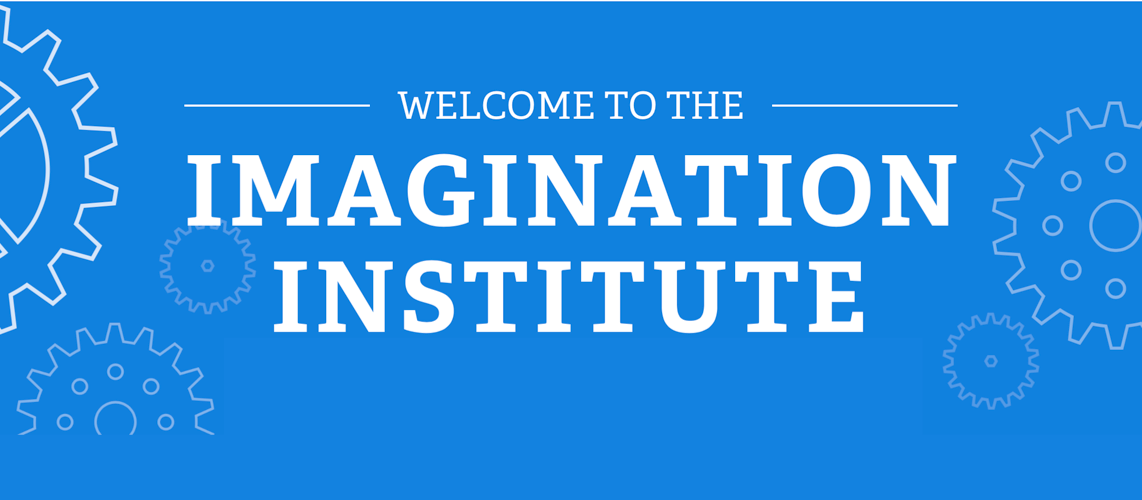Northwestern University
The first goal of the proposed research is to develop an Imagination Quotient (ImQ) scale, which will include the ability to assess a person’s entire imagination capacity, as well as four different aspects of imagination, such as frequency of imaginings, complexity (how detailed they are), emotional valance (positive versus negative), and directedness (goal-directed versus “free-floating). Upon development of the ImQ scale, we will evaluate the relationships between imagination and its sub-factors and academic achievement, creative achievement, divergent thinking, vocational interests, intelligence, and personality based on self-report measures and performance measures in a large international sample. The final stage of the research program will use neuroimaging techniques (fMRI) to examine neural basis of attention in high and low imaginative people.
Researchers

Darya L. Zabelina
Darya L. Zabelina is a Ph.D. Candidate at Northwestern University studying cognitive processes, attention, personality and neural aspects involved in creativity. Darya has a keen interest in exploring ways of enhancing and fostering the development of imagination, creative thinking, and problem-solving ability. Darya has published a number of professional articles and book chapters, and presents at national and international conferences. She serves as a reviewer for several professional journals, and her research has been covered by Scientific American, NPR, Huffington Post, among others. Apart from her work, Darya enjoys traveling, poetry, and meditation.
